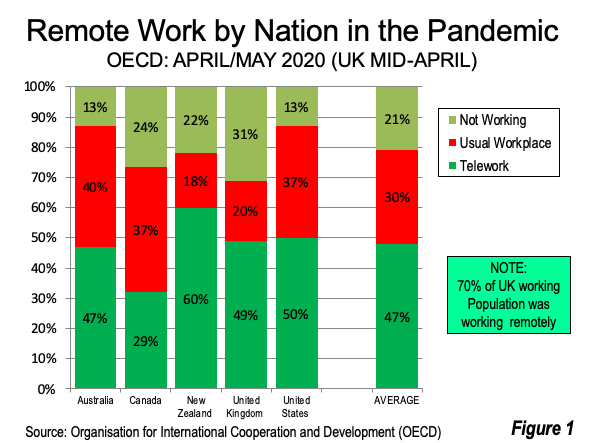Editors Note: The following letter was sent by Alan E Pisarski to
PROPOSED LETTER TO EDITOR: THE WALL STREET JOURNAL
The WSJ in a piece by David Harrison written July 4 and now expanded in an addition on July 14 is aimed at questioning the federal spending being focused on roads. It introduces all of the standard research papers from over the years as if they were really news. We should do benefit-cost analyses – what a breakthrough thought! Basically, the pieces suggest what the transportation community has been doing for 50 years. The biggest payoffs are early in a road systems life – if the investment were rational one would expect so wouldn’t one. That point was made in research in the 90’s on the massive pay offs generated by the Interstates on the order of 25% of all productivity growth over two decades. The Federal Highway Administration has had a standard process for highways and bridges addressing all those points for decades. What he could have noted is that the data to drive that work is terribly outdated, mandated to be reported every two years and is still waiting. The data that Congress requires to base investments on are now 7 years old. But probably no one has looked at it, certainly no one has noticed its late! All of the data in the present debate in Washington is of the order of: my number is bigger than your number. No sense of quantitative analysis has even been in the room when financial “plans” are being waved about.
While David Harrison’s summary treatment of highway spending and productivity has a lot to commend it. There is great care needed in automatically assuming highway infrastructure spending will not generate greater productivity. His argument goes wrong in at least two areas:
The first is that travel increases on new roads, labeled “induced demand” is somehow unproductive – “the roads just fill up again” argument. That demand is a good thing. It means that more people and goods can go where they want, when they want and how they want – close to a perfect definition of transportation productivity. Would we make that argument about any other form of facility investment? The hospital just filled up again; the library just filled up again; the school filled up again – let’s not build anymore of them. “Induced” demand is really latent demand that had been deferred because of lack of adequate accessibility.
The second point, that we learned in the National Academies study of the Interstates, Transportation Research Board Special Report 329, reported to Congress in 2019 is that the doubled population growth and the economic growth since the building of the interstates has generated demand in new places. What was the population of Las Vegas and Phoenix in 1956 when we designed the Interstates? That’s why there isn’t one between those two massive regions. Take a look around. Bringing access to new areas can be an immense boon to productivity. Moreover, the economists are tragically weak on their ability to assess the logistical needs of interstate commerce and international competitiveness. To assume that there are no new connections or improvements needed is utterly unsupported and needs far more serious study. We can all agree that our transportation economic statistics are really in need of updating. Where in this legislation is there support for the Constitutional mandate to defend and support interstate commerce?
Finally, just the upgrading of our present highway systems, meeting the backlog of maintenance and upgrading the system to respond to new technologies on the horizon can keep a properly designed investment process productive for a decade or more.
Alan E. Pisarski
Alan E. Pisarski Consultancy













